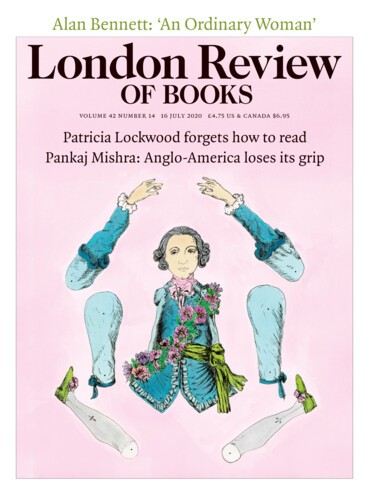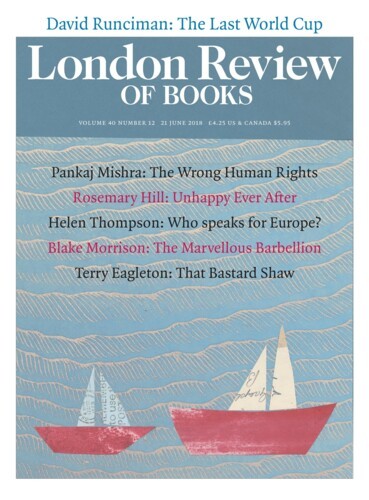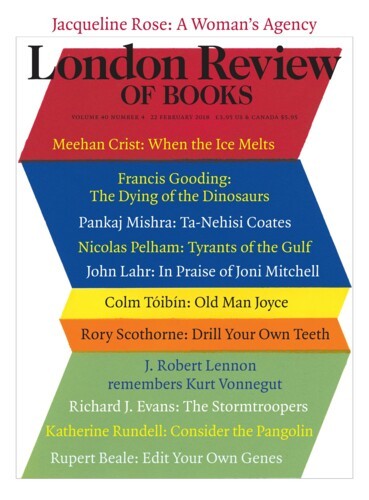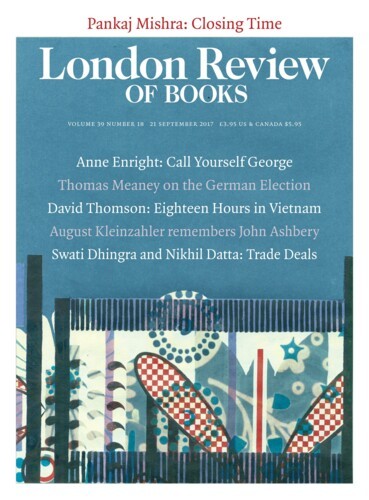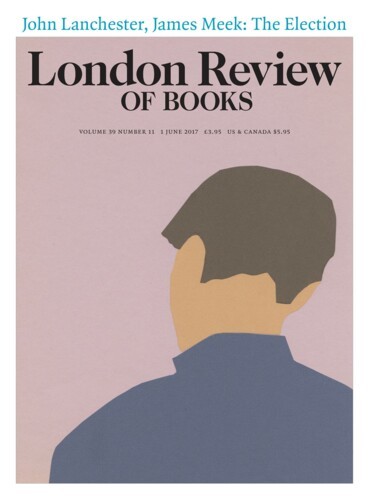Flailing States: Anglo-America Loses its Grip
Pankaj Mishra, 16 July 2020
Neither Britain nor America seems capable of dealing with the critical challenges to collective security and welfare thrown up by the coronavirus. No less crushing is the exposure, as Rhodes finally falls, of the fact that the power and prestige of Anglo-America originated in grotesque atrocities and, as William James wrote in 1897, that ‘a land of freedom, boastfully so called, with human slavery enthroned at the heart of it’ was always ‘a thing of falsehood and horrible self-contradiction’. The moralising history of the modern world written by its early winners – the many Plato-to-Nato accounts of the global flowering of democracy, liberal capitalism and human rights – has long been in need of drastic revision. At the very least, it must incorporate the experiences of late-developing nations: their fraught and often tragic quests for meaningful sovereignty, their contemptuously thwarted ideas for an egalitarian world order, and the redemptive visions of social movements, from the Greens in Germany to Dalits in India.
